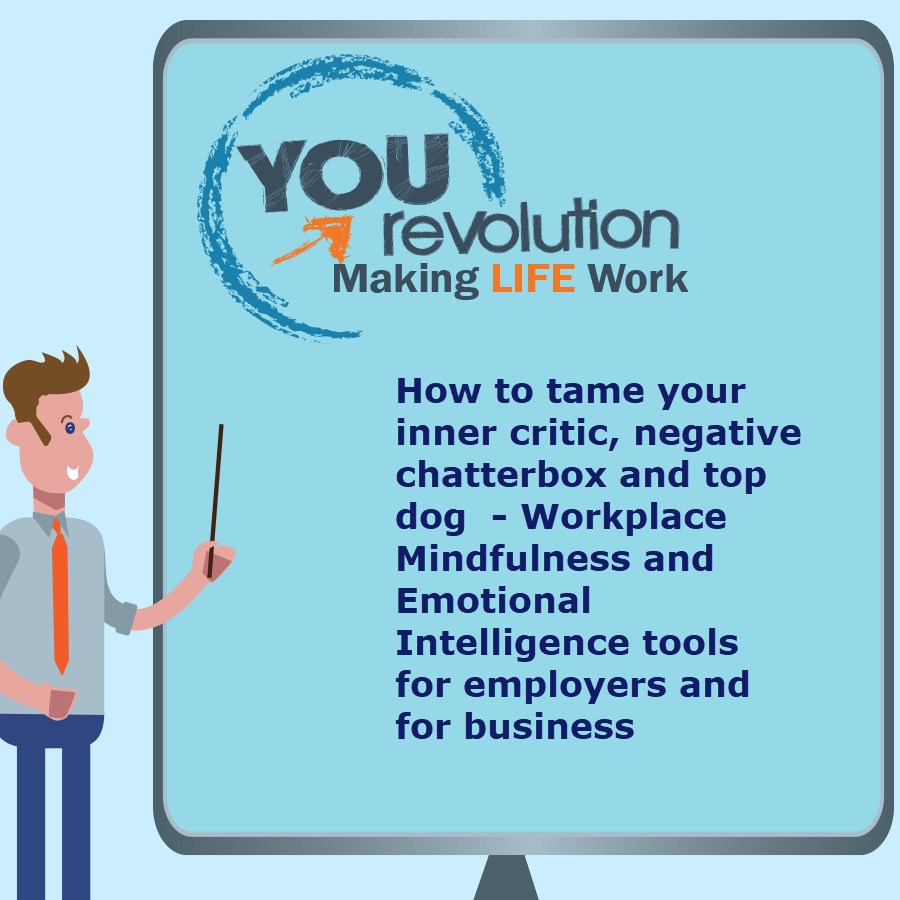Tip Five: How to tame your inner critic, negative chatterbox and top dog – Emotional Intelligence and Mindfulness tools for employers and for business
Do you have a hectic lifestyle and want to make positive life changes but precious little time to make them?
Over the next few months, I’ll be sharing with you the mindfulness, self help and personal development techniques and tips that helped me to:
• escape the corporate cage, that is, my well-paid secure job and hectic lifestyle in London
• move from London to live in the idyllic countryside and do my dream job as a successful Psychotherapist, Coach and Mindfulness Teacher helping 1000s of clients at my Liverpool Street and Harley Street Practices and nowadays at my online, Bristol and Somerset Practices sometimes advising film Directors, such as Mike Leigh, on the authenticity of film narratives.
Though I am now doing my dream job, living in a delightful Somerset village and have many tools at my disposal, life is occasionally still tough so I’ll also send you some tips to help you remain motivated, and focused when you are feeling stuck, overwhelmed, lost or you are falling victim to ”l’m too busy and don’t have enough time” and procrastination trap.
For those of you who didn’t get the opportunity to read tips one, two and three of my blog for people with hectic lifestyles who want to make positive life or career changes see:
Tip One: https://puggam.com/broadcapitalgroup/tip-one-how-to-achieve-more-focus-at-work-emotional-intelligence-and-mindfulness-tools-for-employers-and-for-business/
Tip Two: https://puggam.com/broadcapitalgroup/tip-two-how-to-develop-more-confidence-emotional-intelligence-and-mindfulness-tools-for-employers-and-for-business/
Tip Three: https://puggam.com/broadcapitalgroup/tip-three-for-people-with-hectic-lifestyles-who-want-to-make-positive-life-or-career-changes/
Tip Four: https://puggam.com/broadcapitalgroup/tip-four-stop-comparing-people-emotional-intelligence-mindfulness-tools-employers-business/
Tip for week Five: how to tame your inner critic, negative chatterbox and top dog
Most of you may already know, however for those of you who are unfamiliar, the inner critic is your inner voice, negative chatterbox or top dog that often goes something like this:
What’s wrong with me?
I wish I was as confident as my friends
Why can’t I get over this and get a grip?
It’s ridiculous feeling so overwhelmed by such a minor event in my life
Other people have much bigger problems than me so why am I feeling so low?
Why can’t I perform as well as my boss and colleagues at work?
Why do I always leave everything to the last minute?
I’m a failure in relationships
I’m a loser, lazy and selfish blah blah blah…..
Why can’t I stand up for myself?
I’m fed up of people pleasing it’s draining me of my life energy
Sound familiar? Well you’re not alone in this universal catch-22.
We all have an inner critic, but not all of us let it run riot.
This relentless, negative self talk often expresses criticism, frustration or disapproval about our actions and its frequency, volume or intensity is very different for each us.
Inner critic dialogue is anxiety-provoking and shaming and so paralyses your sense of motivation and get up and go. It can result in unhealthy behaviours such as avoidance and procrastination, in order to reduce anxiety and stay safe when it is largely not necessary to do so. In other words, because you are frightened or anxious about a particular situation, you adopt self protection mechanisms and put on your breaks too soon, often depriving yourself of adventure, enjoyment, pleasure and spontaneity. How unhealthy is that?
Developing compassion can be a way of bringing our emotions into a helpful balance that increases our sense of well-being.
Increasingly, research is showing that if we focus on developing compassion and kindness for ourselves and others this really does help settle our feelings.
It may seem a mammoth task and a huge mountain to climb right now, however, here’s how to turn down the volume of your inner critic and, as I like to call it, my inner DJ’s sound system:
Awareness is the first step to recognising and letting go of your inner critic. Many of you won’t have even realised its presence until now.
Acknowledge and make friends with your inner critic instead of continually arguing and battling with it.
Using the more playful side of your character and sense of humour, invent a nickname like I did such as DJ, Zippy, Chimp or Top Dog.
If you notice your inner critic taking over, imagine it is a record turn table so that you can turn the volume down or that it’s a tape, play or film that you can rewind. Slow down. Close your eyes. Take a deep breath and gently say no.
It may help to visualize a strong and wise part of yourself gently removing your critic from its stage or soapbox.
Alternatively, if you’ve ever fancied being an actor or even a Hollywood star, now’s your chance:
Well, at least to practise in your own home. It’s an exercise by Paul Gilbert, author of compassionate mind, and is about getting into a role from the inside and involves practising body postures and body states of compassion.
Essentially, you are going to get into the role of a wise, compassionate person, as if you are an actor who, in order to convince your audience, has to live this part from the inside. To do that, you must really get in touch with what it is to be that person. Just as a good actor studies the individual whom they are going to portray and tries to re-create the role within themselves, you’re going do the same and become the perfect, ideal, compassionate person. Now you may have an individual in mind; you might decide that you want to become like the Buddha, Nelson Mandela, Ghandi or Anne Frank or someone else that you consider your compassionate ideal. The idea is not to become them as such but to use them as a guide or inspiration for you to become the most compassionate that you can.
Here’s what to do:
First, stand loosely and relaxed, looking down or to where your vision is most comfortable. Adopt a soothing breathing rhythm for 30 seconds or so. Allow your body to relax and go as loose as it is able. Now for a moment, imagine that you are a deeply compassionate and wise person. Think of the ideal qualities that you would like to have as a compassionate person. These might include: deep kindness, warmth, gentleness, being difficult to provoke, a sense of having been there and gaining wisdom as a result. It doesn’t matter if you actually have these qualities or not, because you’re focusing on imagining and thinking about what it would be like to have them, what they are and your desire to develop them. So think about your age and appearance, your facial expressions and posture, your inner emotions of say, gentleness. Now like an actor about to take on a part, feel yourself become these.
Try to allow your facial expressions to be gentle and compassionate; allow yourself a slight, gentle smile. Think about the idea that you are a wise person who has seen much in life. When you speak, think about the tone of your voice. Think about what it’s like to be a forgiving person who doesn’t bear grudges. Think about the qualities that you really value in compassion and imagine having them (eg wisdom, warmth, kindness, generosity, acceptance, empathy, sensitivity, sympathy etc). Allow yourself to become this person. Spend as long as is comfortable practising this role, and try and do it seriously but also playfully. With this exercise, it can be interesting to note how it affects your body, including your posture, breathing rate and so forth. Do you notice your muscles becoming tense or more relaxed and softer? Are there any areas of your body that feel warm?
You can practise this at any time of the day or night if you wish. As you move around in your life, imagine being and becoming this compassionate person.
If it helps, watch a film featuring compassionate characters beforehand or listen to some compassionate music.
[content_block id=1666]
